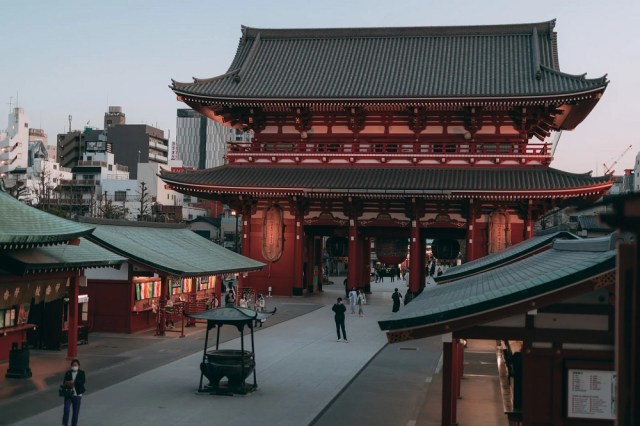
Plus, how hard is it to pull Sensoji’s semi-secret super-lucky omikuji fortune?
Sensoji, in Tokyo’s Asakusa neighborhood, is the city’s biggest, most important temple. That also makes it one of the most popular places for omikuji.
Omikuji is a traditional type of fortune-telling done at temples and shrines in Japan. For a small fee, you receive a strip of paper with your fortune, which falls into one of seven ranks, which in descending order of luckiness are:
● Daikichi: Great luck
● Kichi: Good luck
● Shokichi: Slightly good luck
● Hankichi: Half good luck
● Suekichi: Not-yet-fulfilled good luck
● Sueshokichi: Not-yet-fulfilled good luck
● Kyo: Bad luck
Our Japanese-language reporter Seiji Nakazawa lives within easy walking distance of Sensoji, so he’s stopped by to get an omikuji fortune a couple of times, but he’s never received a daikichi fortune there. What’s more, he’s heard rumors that a large portion of the omikuji fortunes that Sensoji gives out are of the lowest kyo category.
Seiji saw only one way to determine if these rumors were true: buy 100 omikuji fortunes in one day, and see how many he received of each rank. In the process, he learned something else too: Sensoji has a semi-secret de-facto super-lucky daikichi fortune!
This isn’t quite as expensive an experiment as you might think. Sensoji charges just 100 yen (US$0.70), which seems like a bargain for divine insight into your future.
Different places have different formats for how they sell their omikuji. Sensoji has a self-serve-style setup, in which you place your money in a collection box.
Then you pick up this hexagonal canister…
…shake it…
…and a stick with a number slides out.
These numbers, between 1 and 100, correspond with a series of drawers set into the wall. You open up the drawer with your number, and pull out your fortune.
It’s pretty simple, until you try to do it 100 times in a row. For one thing, the metal canister is surprisingly heavy. The sticks don’t slide out very easily, either. With 100 of them in there, they jostle around a lot as you shake, sometimes with one temporarily blocking the hole without coming out itself.
If you’re just getting one fortune, that extra physical and dramatic weight adds a little excitement. After doing about 30 with no break, though, Seiji’s thumb started to cramp up.
If you’re thinking that you’ve never had a thumb cramp, neither had Seiji before this. It’s a strange muscle to have cramp up on its own, so he needed a short break to rest his finger and wrap his mind around the situation.
Once he was good to go again, though, Seiji discovered that he’d developed some omikuji muscle memory, and now he could get the sticks to come out with just a few decisive motions.
Seiji’s stack of fortunes began to grow at an increasing rate, and once he had 100 of them, it was time to head back to SoraNews24 HQ to sort them into ranks.
So is it true that Sensoji is sticking people with tons of bad fortunes? It might look that way at first, with a tally of 26 kyo.
We also had six sueshokichi…
…10 suekichi, none of which are considered very good…
…plus two ho-hum hankichi.
But we also had five a-little-lucky shokichi…
…37 lucky kichi fortunes…
…and 14 top-rank-lucky daikichi!
▼ Left to right: kyo (凶), sueshokichi (末小吉), suekichi (末吉), hankichi (半吉), shokichi (小吉), kichi (吉), and daikichi (大吉).
So within our 100 omikuji, the most common fortune actually turned out to be kichi, not the unlucky kyo. What’s more, if we take the middle-of-the-road hankichi as the dividing line between good and bad luck, we had 56 good fortunes versus 42 bad.
▼ Seiji’s got a lot to smile about in the days ahead, according to his omikuji.
Oh, and that extra-lucky daikichi we mentioned? Like we said, each stick that comes out of the canister has a number on it, and all of the fortunes in the corresponding drawer are the same rank. If you’re lucky enough to get a stick directing you to drawer 1, you’ll see that it contains a daikichi fortune.
Drawer 1 isn’t the only drawer with daikichi, but Seiji noticed that the drawer 1-daikichi’s wording is a little different than the others’. Omikuji fortunes are broken down into different life aspects, such as health, work, romance, and travel. There’s also a broad, overarching category for “wishes,” and on most of the daikichi fortunes, the paper’s Japanese text told Seiji that they would be “fulfilled.”
But the drawer 1 daikichi informed Seiji that his wishes in life will be “thoroughly fulfilled.”
▼ 充分に叶うでしょう = thoroughly fulfilled
So how many drawer 1 daikichi did Seiji draw out of his 100 omikuji? One. That’s all he needs, though, since it’s promising smooth sailing from here on out for him.
By the way, in case you’re wondering what’s in drawer 100, Seiji didn’t pull any of those fortunes. He can’t help shaking a sense of dread that drawer 100 might hold an ultra-unlucky kyo, but that’s not something his heart, or hands, is ready to investigate.
Top image: Pakutaso
Insert images ©SoraNews24
● Want to hear about SoraNews24’s latest articles as soon as they’re published? Follow us on Facebook and Twitter!
[ Read in Japanese ]


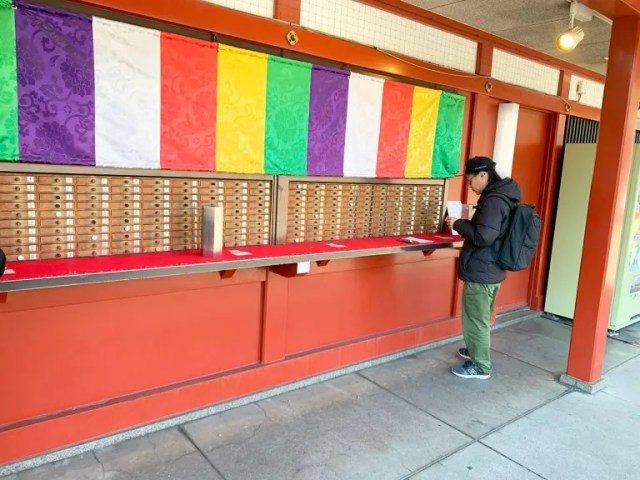
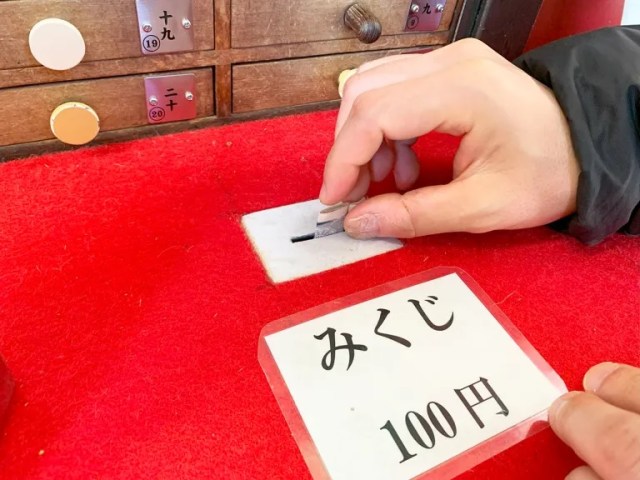
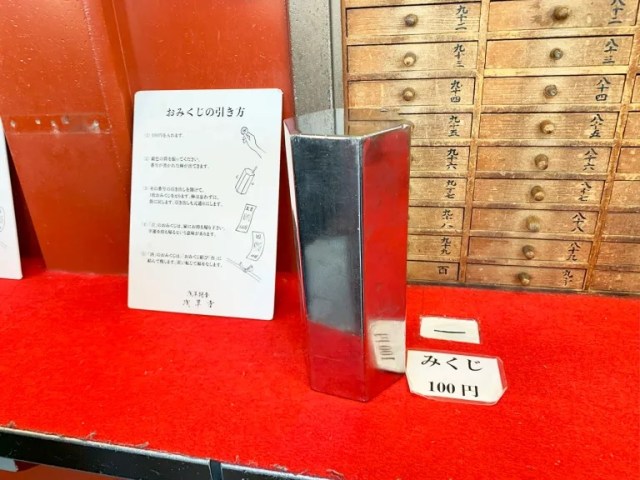
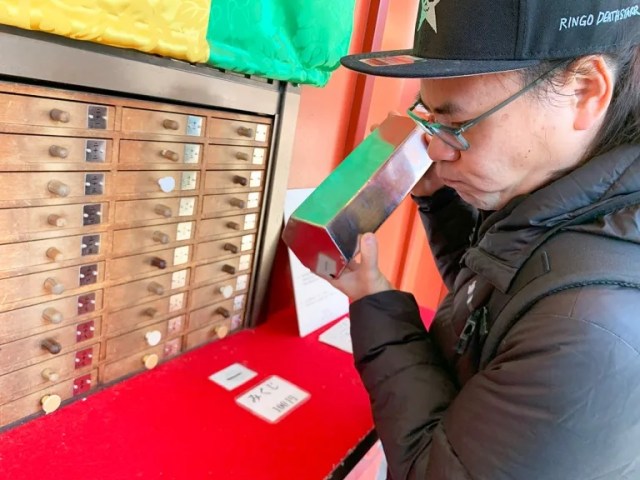
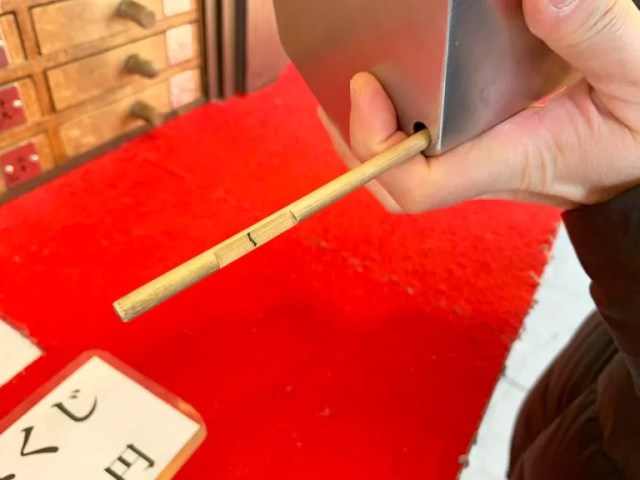
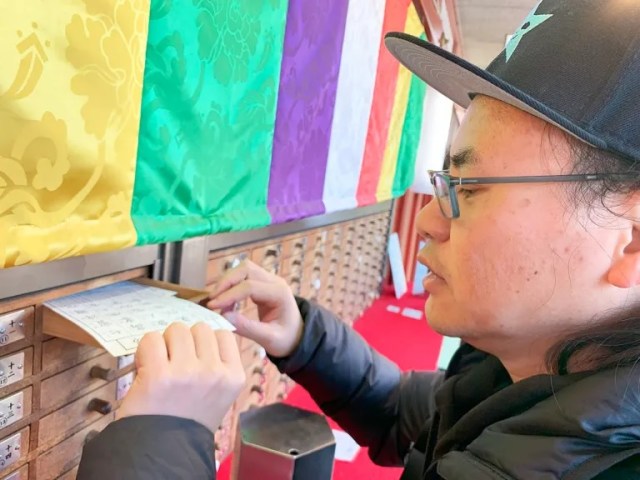
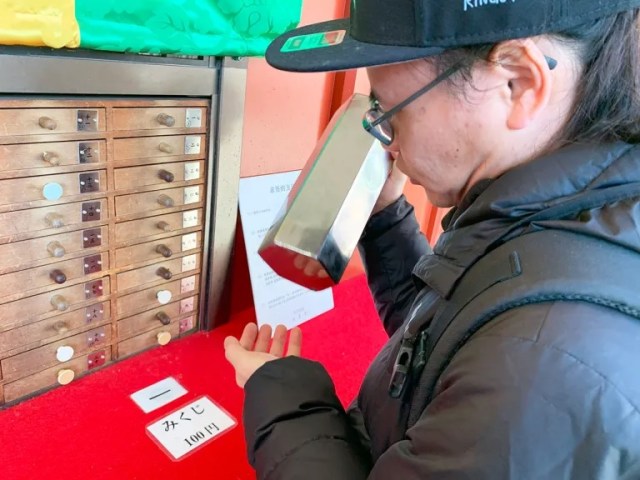
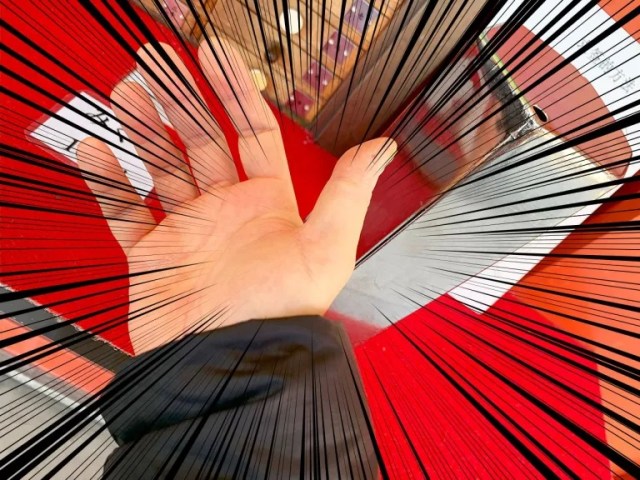
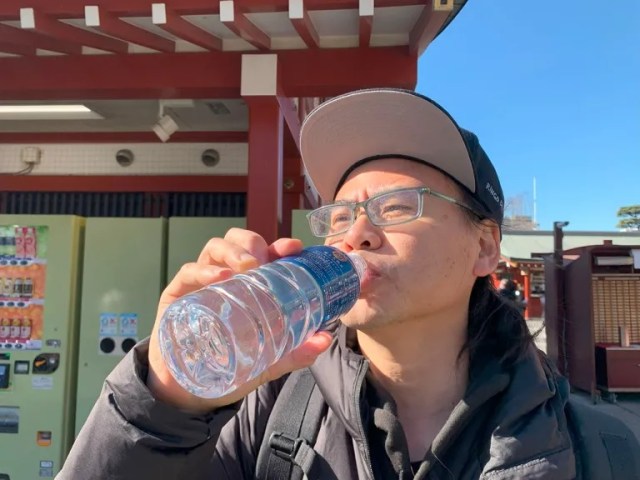
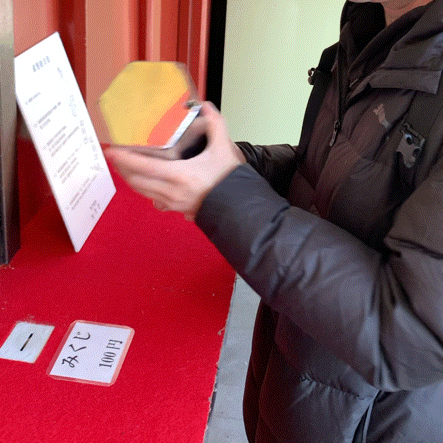
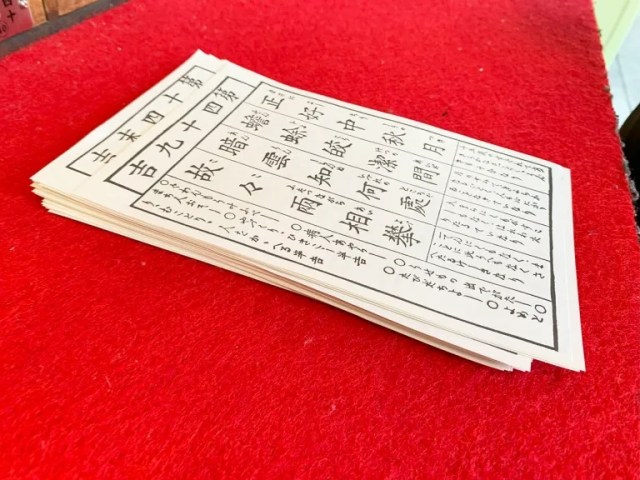
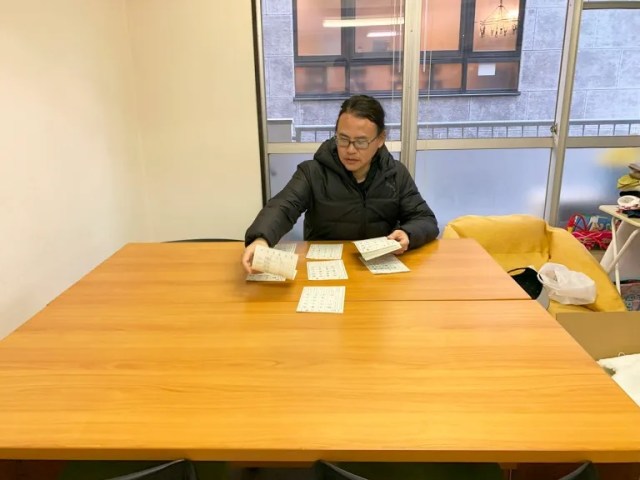

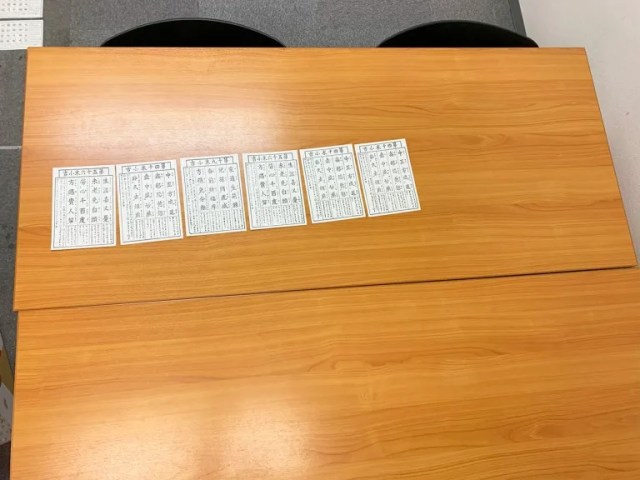

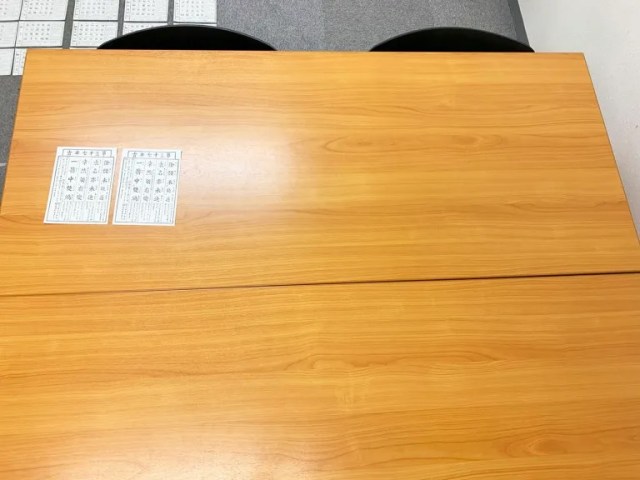
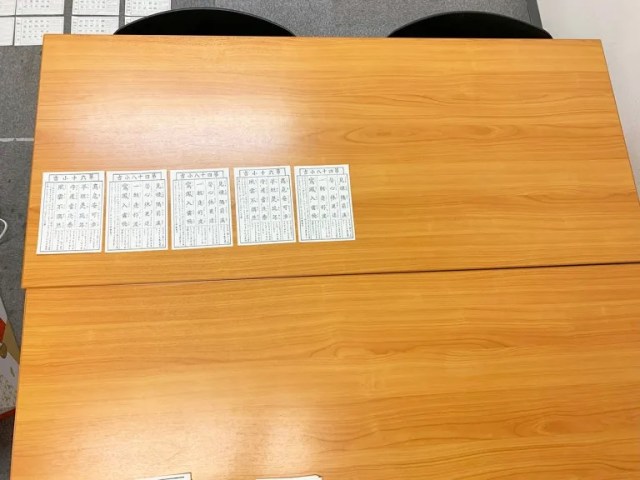
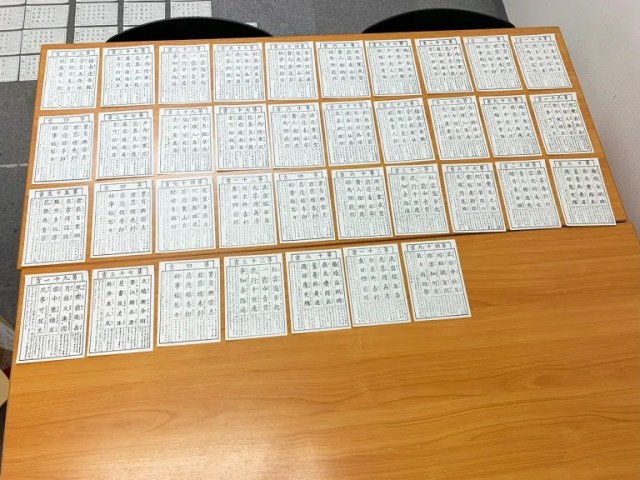
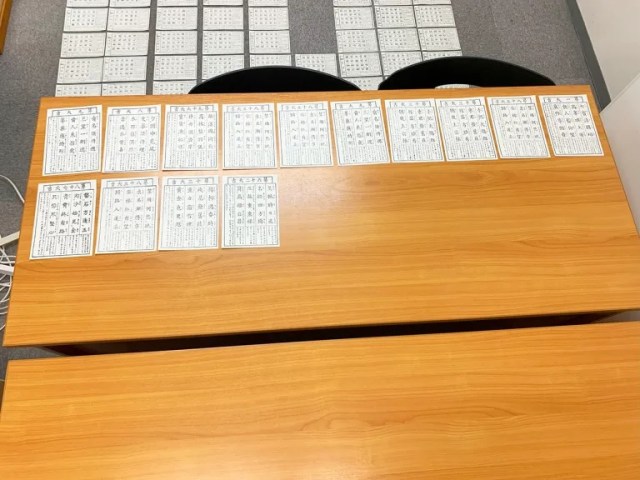
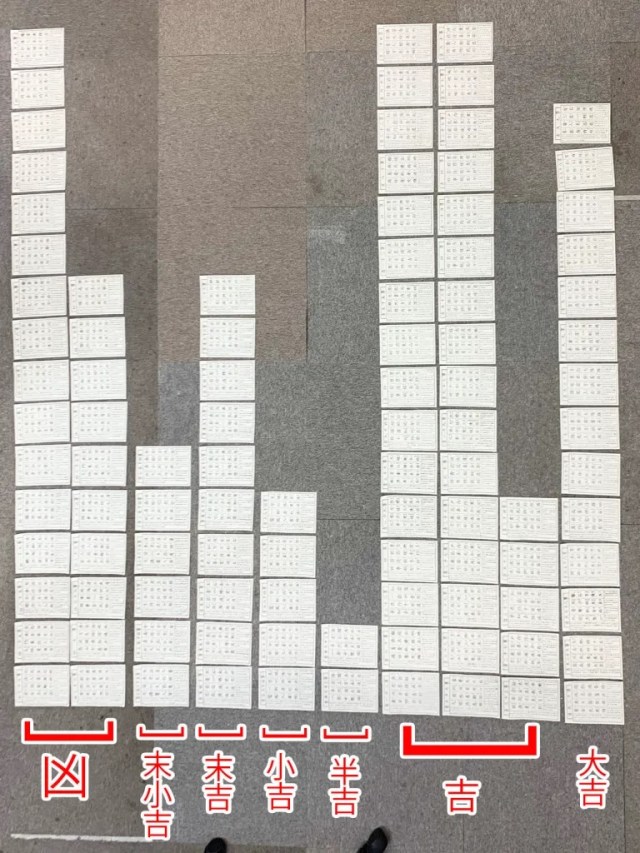
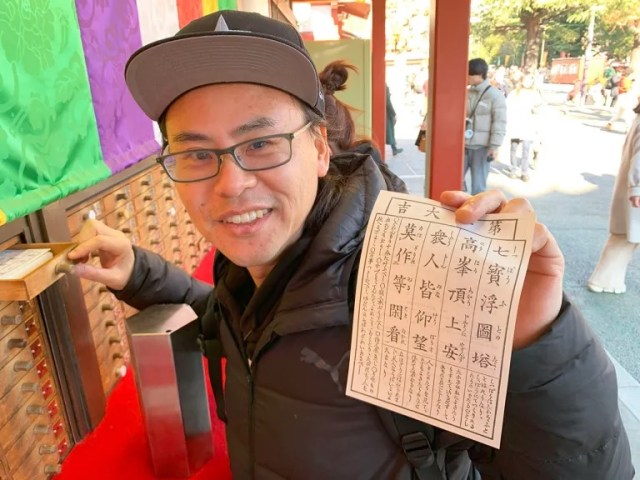
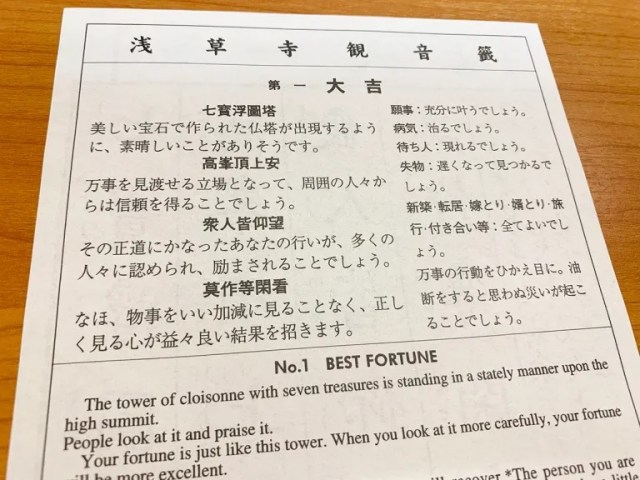
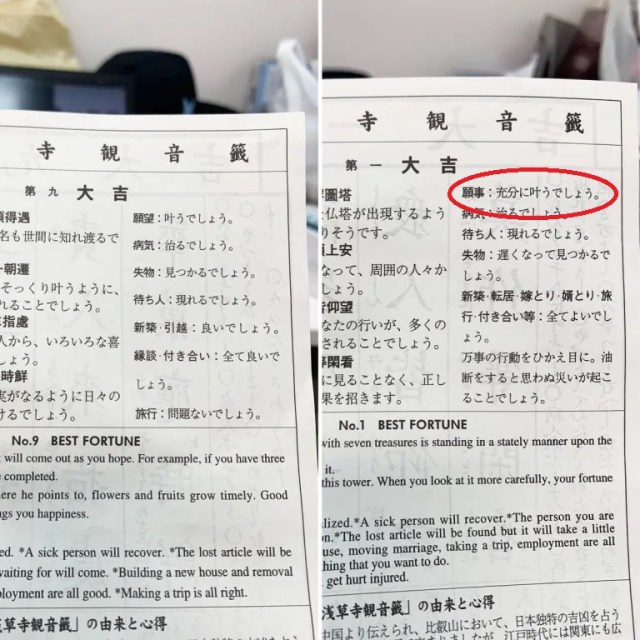
 Testing our luck – Can visiting Japan’s power spots improve the omikuji temple fortune you draw?
Testing our luck – Can visiting Japan’s power spots improve the omikuji temple fortune you draw? Find out how lucky you’ll be in the Year of the Dog with this witty online fortune teller
Find out how lucky you’ll be in the Year of the Dog with this witty online fortune teller Why Sensoji temple in Asakusa is better at night
Why Sensoji temple in Asakusa is better at night Downloads of 39-year-old Guns N’ Roses song increase 12,166 percent thanks to Gundam
Downloads of 39-year-old Guns N’ Roses song increase 12,166 percent thanks to Gundam Is China’s don’t-go-to-Japan warning affecting the lines at a popular Tokyo gyukatsu restaurant?
Is China’s don’t-go-to-Japan warning affecting the lines at a popular Tokyo gyukatsu restaurant? 7-Eleven Japan sells freshly baked pizzas…but are they any good?
7-Eleven Japan sells freshly baked pizzas…but are they any good? Starbucks Reserve Roastery Tokyo: A visitor’s guide to the biggest Starbucks in the world
Starbucks Reserve Roastery Tokyo: A visitor’s guide to the biggest Starbucks in the world Pokémon Slowpoke Powdered Rice Topping tastes like liquid for noodles【Taste test】
Pokémon Slowpoke Powdered Rice Topping tastes like liquid for noodles【Taste test】 Our delivery of meat from Katsuya was so full of everything deep-fried that we almost cried
Our delivery of meat from Katsuya was so full of everything deep-fried that we almost cried Act of Japanese kindness touches one man’s heart, provides hope for elevator etiquette
Act of Japanese kindness touches one man’s heart, provides hope for elevator etiquette Take a trip to Japan’s Dododo Land, the most irritating place on Earth
Take a trip to Japan’s Dododo Land, the most irritating place on Earth A Japanese dating app matched our bachelorette with a Buddhist monk, and she learned some things
A Japanese dating app matched our bachelorette with a Buddhist monk, and she learned some things Japan’s job-quitting service claims bosses contact it to try to make their employees quit
Japan’s job-quitting service claims bosses contact it to try to make their employees quit Yokai are descending upon Tokyo this spring in the latest immersive art experience
Yokai are descending upon Tokyo this spring in the latest immersive art experience Three beautiful places to see Japan’s plum blossoms after starting your day in downtown Tokyo
Three beautiful places to see Japan’s plum blossoms after starting your day in downtown Tokyo Cherry blossom forecasts map shows Japan’s OTHER sakura season is starting right now
Cherry blossom forecasts map shows Japan’s OTHER sakura season is starting right now New Studio Ghibli stamps leave an impression on your stationery…and your heart
New Studio Ghibli stamps leave an impression on your stationery…and your heart Japanese women sound off on their minimum height requirements for a husband【Survey】
Japanese women sound off on their minimum height requirements for a husband【Survey】 Huge Evangelion Unit-01 head appearing in lights in Japan to celebrate anime’s 30th anniversary
Huge Evangelion Unit-01 head appearing in lights in Japan to celebrate anime’s 30th anniversary Kyoto planning surprise late-night inspections of Airbnb-style rentals to fight overtourism
Kyoto planning surprise late-night inspections of Airbnb-style rentals to fight overtourism Japanese movie theater chain’s popcorn earns highest Grand Prix quality certification
Japanese movie theater chain’s popcorn earns highest Grand Prix quality certification Japan’s most famous Mt. Fuji view park cancels cherry blossom festival because of overtourism
Japan’s most famous Mt. Fuji view park cancels cherry blossom festival because of overtourism Starbucks Japan releases new drinkware and goods for Valentine’s Day
Starbucks Japan releases new drinkware and goods for Valentine’s Day Japan releases first official sakura cherry blossom forecast for 2026
Japan releases first official sakura cherry blossom forecast for 2026 10 times to avoid traveling in Japan in 2026
10 times to avoid traveling in Japan in 2026 Archfiend Hello Kitty appears as Sanrio launches new team-up with Yu-Gi-Oh【Pics】
Archfiend Hello Kitty appears as Sanrio launches new team-up with Yu-Gi-Oh【Pics】 Starbucks Japan releases new Frappuccino and latte for Valentine’s Day
Starbucks Japan releases new Frappuccino and latte for Valentine’s Day China’s don’t-go-to-Japan warning looks to be affecting tourist crowds on Miyajima
China’s don’t-go-to-Japan warning looks to be affecting tourist crowds on Miyajima Our 52-year-old pole dancing reporter shares his tips for achieving your New Year’s exercise goal
Our 52-year-old pole dancing reporter shares his tips for achieving your New Year’s exercise goal Studio Ghibli releases new “komorebi” plush toys from Princess Mononoke and Spirited Away
Studio Ghibli releases new “komorebi” plush toys from Princess Mononoke and Spirited Away Survey asks foreign tourists what bothered them in Japan, more than half gave same answer
Survey asks foreign tourists what bothered them in Japan, more than half gave same answer Japan’s human washing machines will go on sale to general public, demos to be held in Tokyo
Japan’s human washing machines will go on sale to general public, demos to be held in Tokyo We deeply regret going into this tunnel on our walk in the mountains of Japan
We deeply regret going into this tunnel on our walk in the mountains of Japan Studio Ghibli releases Kodama forest spirits from Princess Mononoke to light up your home
Studio Ghibli releases Kodama forest spirits from Princess Mononoke to light up your home Major Japanese hotel chain says reservations via overseas booking sites may not be valid
Major Japanese hotel chain says reservations via overseas booking sites may not be valid Put sesame oil in your coffee? Japanese maker says it’s the best way to start your day【Taste test】
Put sesame oil in your coffee? Japanese maker says it’s the best way to start your day【Taste test】 No more using real katana for tourism activities, Japan’s National Police Agency says
No more using real katana for tourism activities, Japan’s National Police Agency says Starbucks Japan reveals new sakura drinkware collection, inspired by evening cherry blossoms
Starbucks Japan reveals new sakura drinkware collection, inspired by evening cherry blossoms Updated cherry blossom forecast shows extra-long sakura season for Japan this year
Updated cherry blossom forecast shows extra-long sakura season for Japan this year
Leave a Reply